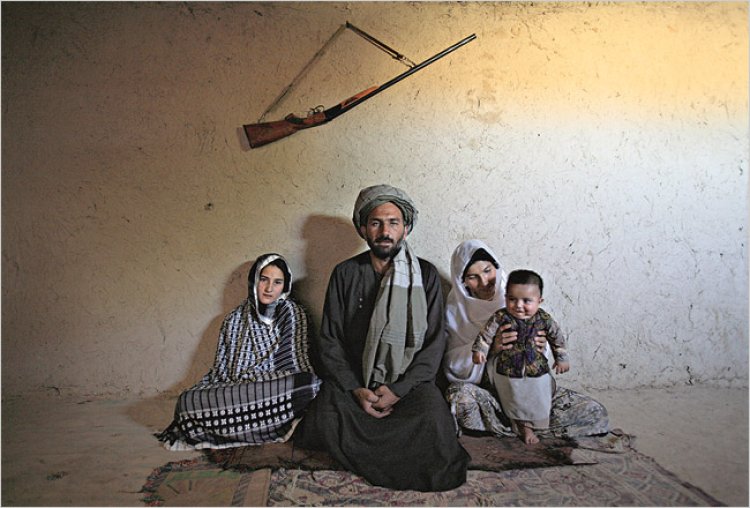Surge in underage marriages among girls in Afghanistan under Taliban rule

The increase in underage marriages among girls in Afghanistan under Taliban rule reflects a troubling rise in gender-based violence and human rights violations. Since the Taliban's takeover in August 2021, various socio-economic and political factors have contributed to this alarming trend.
Key Reasons for the Increase in Underage Marriages
-
Economic Hardship:
Afghanistan's economy has been severely impacted under Taliban rule, leaving families in extreme poverty. Many families see marrying off their underage daughters as a way to reduce financial burdens. A CARE International survey revealed that 12% of families forced their underage daughters into marriage to secure food for the rest of the family. -
Ban on Girls’ Education:
The Taliban's closure of secondary schools for girls has significantly contributed to the rise in early marriages. Families often perceive marriage as the only path for girls deprived of education. According to UNICEF, 3.7 million children are out of school in Afghanistan, 60% of whom are girls. -
Cultural and Social Pressures:
Traditional norms and Taliban-imposed restrictions have amplified pressures on families to marry off their daughters at an early age, particularly in rural areas where opportunities for education or employment are non-existent. -
Forced Marriages by Taliban Members:
Reports indicate that the Taliban forcibly marry underage girls, often paying families amounts ranging between 200,000 to 400,000 Afghanis as a bride price. This has further normalized early and forced marriages under their regime.
Consequences of Underage Marriages
-
Health Risks:
Early pregnancies among young brides pose significant risks to their physical health, including complications during childbirth and increased maternal mortality rates. -
Loss of Education and Opportunities:
Underage brides are deprived of education and the chance to build independent futures, perpetuating cycles of poverty and dependency. -
Psychological Trauma:
Forced and early marriages often result in long-term psychological harm, including anxiety, depression, and in extreme cases, suicidal tendencies. A UN Special Rapporteur report from 2023 noted that 47.6% of respondents knew a woman or girl experiencing mental health issues, and 7.8% were aware of cases of suicide attempts among women and girls. -
Increased Domestic Violence:
Girls married at a young age are more vulnerable to domestic violence and abuse due to their lack of autonomy and power within their households.
Call for Action
International organizations, including Amnesty International, UN Women, and the United Nations Assistance Mission in Afghanistan (UNAMA), have urged the Taliban to cease their oppressive measures against women and address the rising prevalence of underage and forced marriages. However, the continued ban on education and the Taliban's oppressive decrees, exceeding 70 restrictions on women, have exacerbated the crisis.
The situation in Afghanistan under Taliban rule highlights the urgent need for global advocacy, humanitarian intervention, and support for Afghan women and girls to restore their fundamental rights and freedoms.
